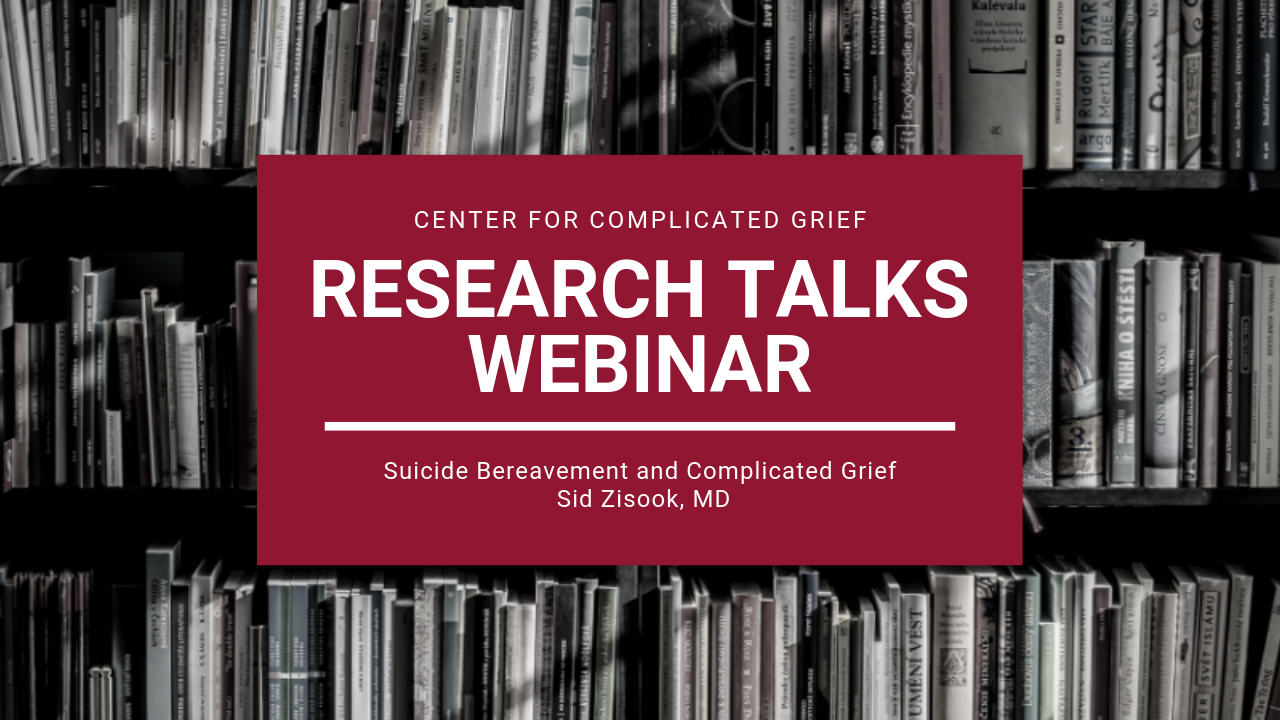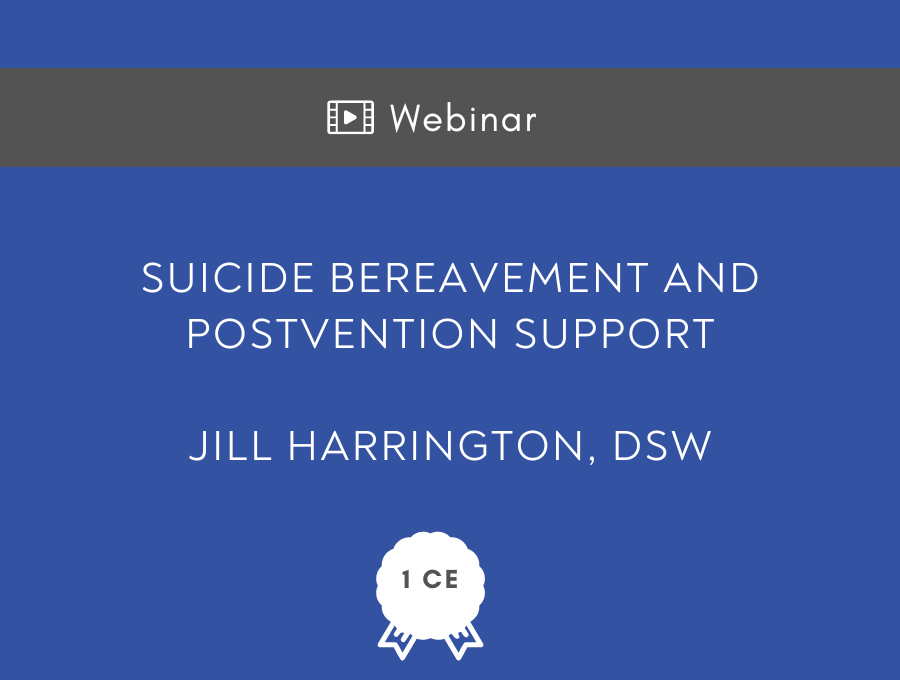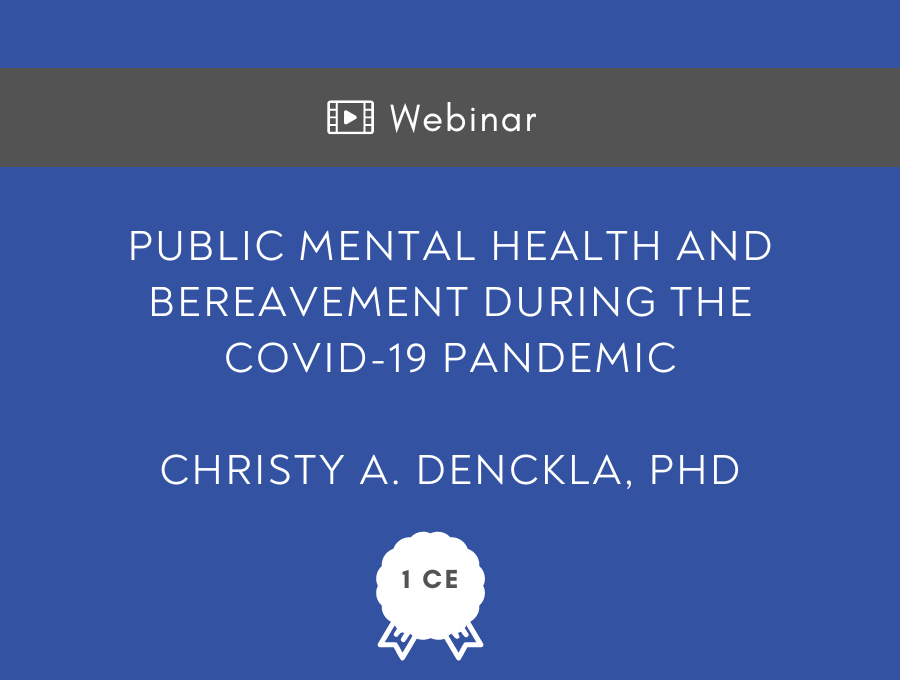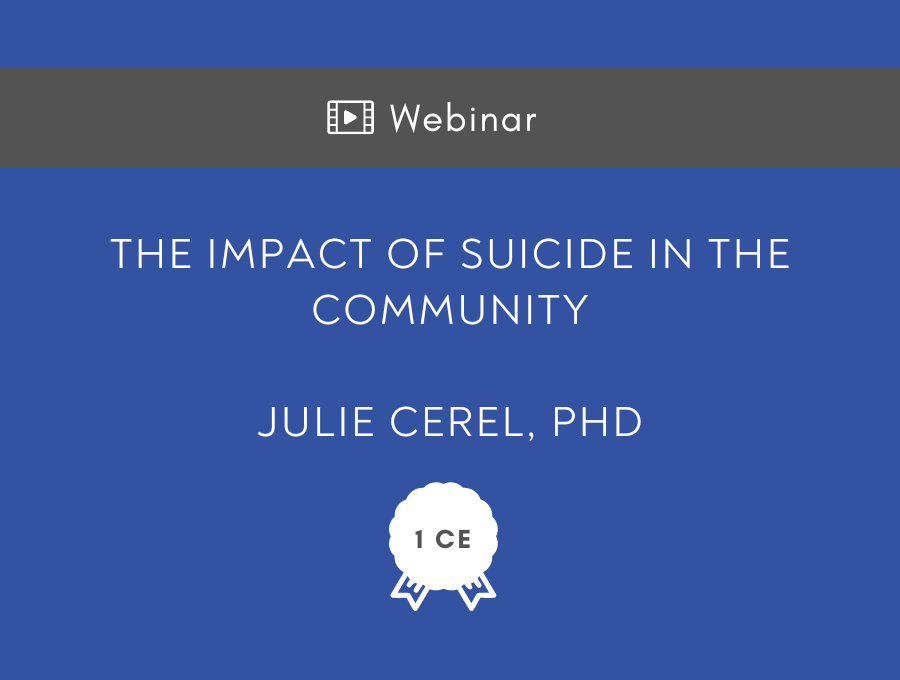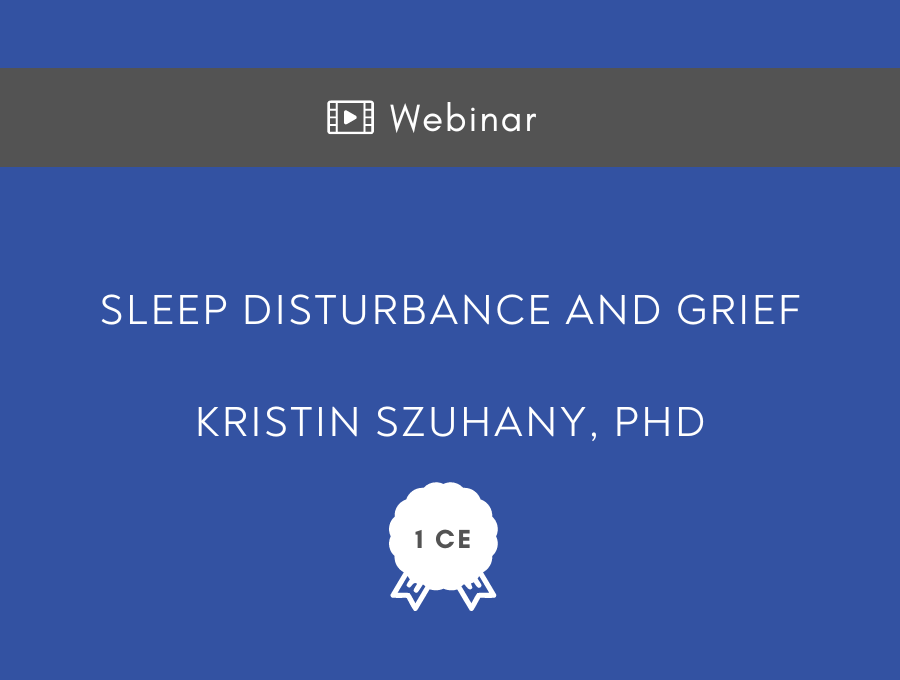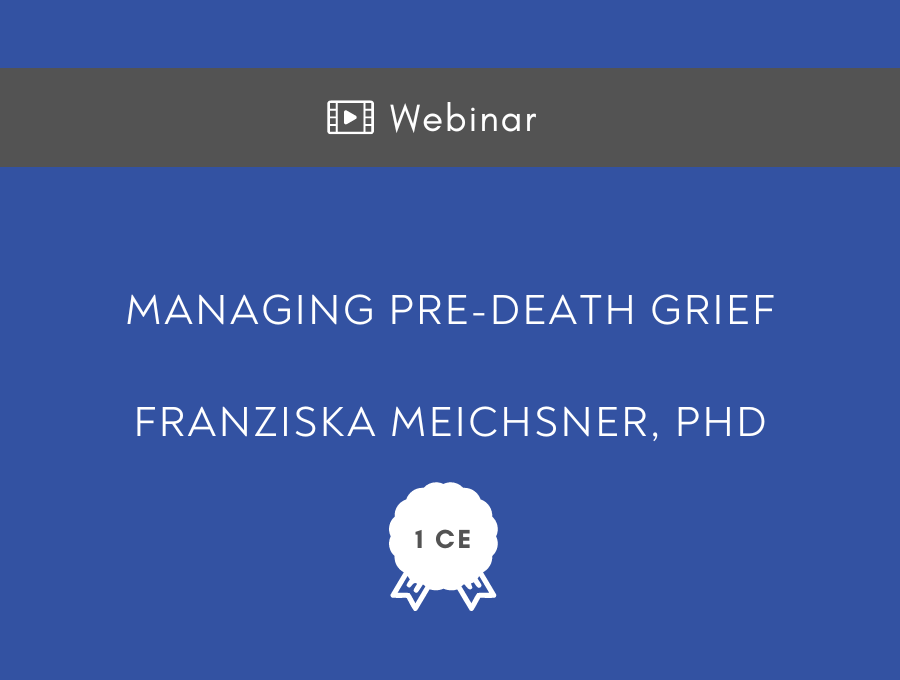Product Description
Overview:
Does complicated grief (CG) and its response to treatment with complicated grief psychotherapy (CGT) after a loved one’s death by suicide differ from CG after other types of deaths?
By comparing characteristics, clinical features and response to CGT of participants with CG after a loved-one’s death by suicide (N=58), accident/homicide (N=74) and natural-causes (N=263), the Healing Emotions After Loss (HEAL) study provided preliminary answers to this question. Compared to the other two groups, the suicide bereaved had higher rates of lifetime MDD and pre-loss passive SI and more work and social impairment. Compared to the natural-death bereaved group, the suicide bereaved had higher rates of lifetime and current PTSD and post-loss nonspecific active SI. We found no significant group differences in CG severity, depressive symptom intensity, rates of current MDD and most typical grief-related thoughts, feelings and behaviors, with the exception of some related to how unfair or preventable the death was believed to be. In addition, we found CGT to be a well-tolerated and effective treatment for CG after suicide rates, with improvements noted not only in grief intensity, but also on suicidal ideation, and grief-related impairment, avoidance and maladaptive beliefs. Adding to evidence that CGT is an effective treatment for CG in general, this study provides preliminary evidence that CGT is feasible to administer, well tolerated and effective for those with CG following a loved one’s suicide. Treating CG is important in order to avert future psychiatric and family dysfunction, as well as to decrease risk for future suicides. Effective recognition and treatment of CG among suicide survivors should be a priority for prevention and intervention efforts following suicide loss.
Learning Objectives:
1. Describe how complicated grief after a loved one’s death by suicide differs from complicated grief after other types of deaths.
2. Recognize the limitations of antidepressant medication for individuals with complicated grief after a loved one’s death by suicide.
3. Appreciate the overall approach and effectiveness of complicated grief therapy for individuals with complicated grief after a loved one’s death by suicide.
Presenter:
Dr. Sidney Zisook is the Director of the Healer Education Assessment and Referral (HEAR) Program at the University of California at San Diego. Dr. Zisook is an expert in suicide bereavement and a Principal Investigator of the Healing Emotions After Loss (HEAL) study which compared efficacy of antidepressant medication with or without CGT.
Additional Information
| CE Credit | Free Access, 1 CE Credit |
|---|
